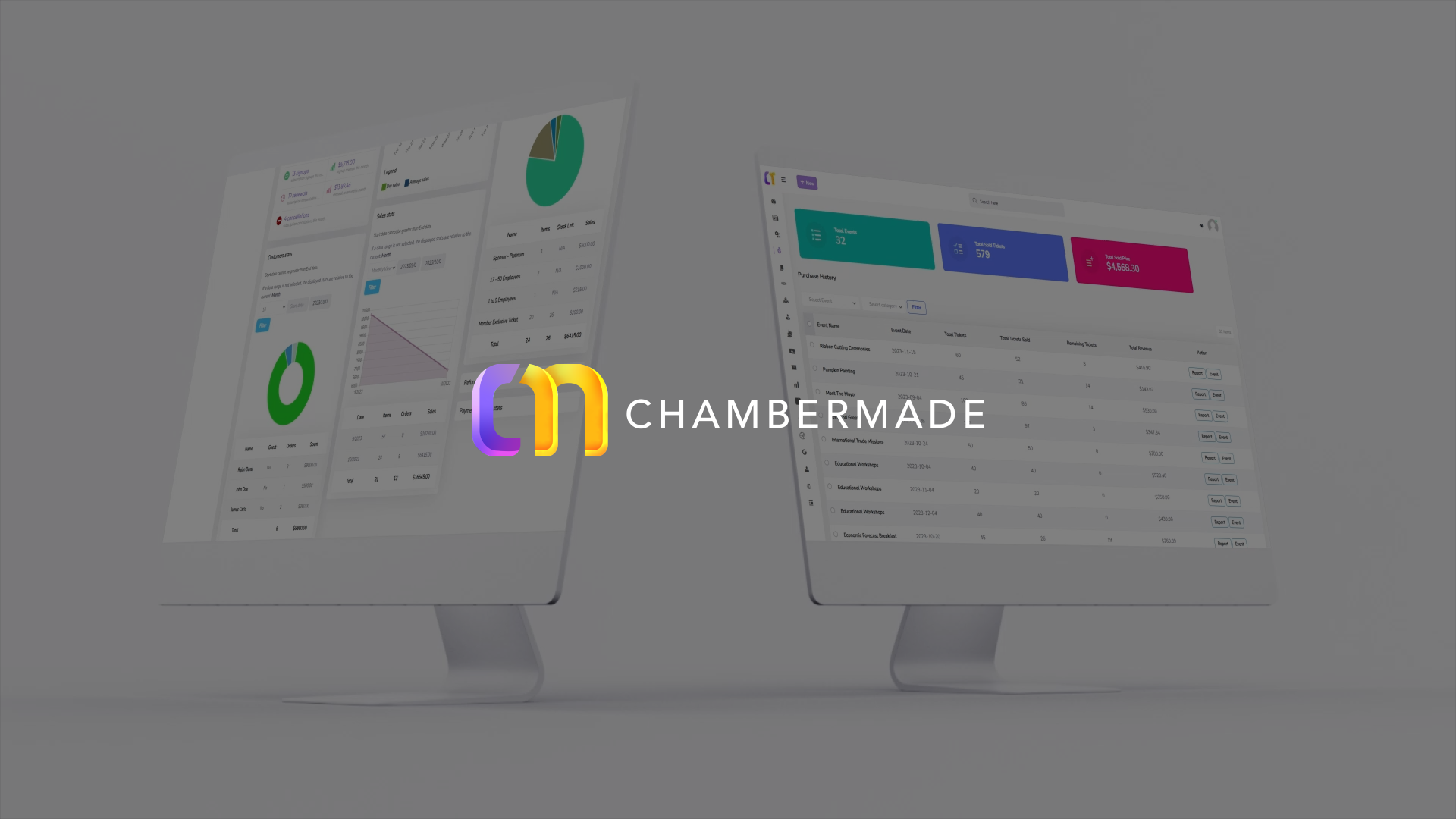Leveraging CRM Features to Improve Member Relations
Customer Relationship Management (CRM) systems are essential tools for chambers of commerce looking to enhance member relations.

By effectively utilizing CRM features, chambers can improve communication, engagement, and satisfaction among their members. This blog explores how chambers can leverage CRM features to strengthen member relations and drive organizational success.
Understanding CRM and Its Importance
What is CRM?
CRM systems are software platforms designed to manage and analyze interactions with members throughout their lifecycle. These systems help chambers organize, automate, and synchronize member engagement activities.
Importance of CRM in Member Relations
A robust CRM system enables chambers to better understand their members’ needs, preferences, and behaviors. This understanding is crucial for delivering personalized experiences, improving satisfaction, and fostering long-term relationships.
Key CRM Features to Improve Member Relations
1. Member Data Management
Centralized Database
A CRM system provides a centralized database where all member information is stored. This includes contact details, membership status, participation history, and more. Having a single source of truth ensures that all staff members have access to up-to-date and accurate information.
Data Segmentation
Segmentation allows chambers to categorize members based on various criteria such as membership level, industry, engagement history, and preferences. This segmentation enables targeted communication and personalized services, enhancing member satisfaction.
2. Communication Tools
Automated Emails
Automated email campaigns can be set up to send personalized messages to members based on specific triggers or actions. For example, sending a welcome email to new members or a reminder email for upcoming events. Automation ensures timely and relevant communication without manual effort.
Integrated Messaging
CRM systems often include integrated messaging tools that allow chambers to communicate with members through multiple channels such as email, SMS, and social media. This integration ensures consistent messaging and helps maintain engagement across different platforms.
3. Event Management
Event Registration
CRM systems can streamline event management by handling registrations, payments, and attendance tracking. Members can easily register for events through an online portal, and chambers can monitor participation and follow up with attendees.
Feedback Collection
After events, CRM systems can automate the process of collecting feedback through surveys. This feedback is invaluable for understanding member experiences and improving future events.
4. Task Automation
Automated Workflows
Automated workflows can handle routine tasks such as membership renewals, invoice generation, and follow-up communications. This automation reduces administrative burden and ensures that important tasks are completed on time.
Reminders and Notifications
Set up automated reminders and notifications for key dates and actions, such as membership renewal deadlines or event registration cutoffs. These reminders help keep members informed and engaged.
5. Analytics and Reporting
Member Insights
CRM systems provide detailed analytics and reporting features that offer insights into member behavior, preferences, and engagement levels. Chambers can use these insights to tailor their services and communication strategies to better meet member needs.
Performance Tracking
Track the effectiveness of different initiatives, campaigns, and events. By analyzing performance data, chambers can identify what works and what needs improvement, leading to more effective member engagement strategies.
Best Practices for Leveraging CRM Features
Regular Data Updates
Ensure that member data is regularly updated and maintained. Accurate data is crucial for effective communication and personalization.
Training Staff
Invest in training staff to use the CRM system efficiently. Well-trained staff can maximize the potential of CRM features and deliver better member experiences.
Soliciting Member Feedback
Regularly solicit feedback from members to understand their needs and expectations. Use this feedback to continually refine and improve CRM processes.
Conclusion
Leveraging CRM features is essential for chambers of commerce aiming to improve member relations. By effectively utilizing member data management, communication tools, event management features, task automation, and analytics, chambers can enhance member engagement, satisfaction, and loyalty. Implement these strategies to build stronger relationships with your members and drive your chamber’s success.
Ready to enhance your member relations with CRM? Explore how ChamberMade’s solutions can help you leverage CRM features to improve communication and engagement. Learn More!

